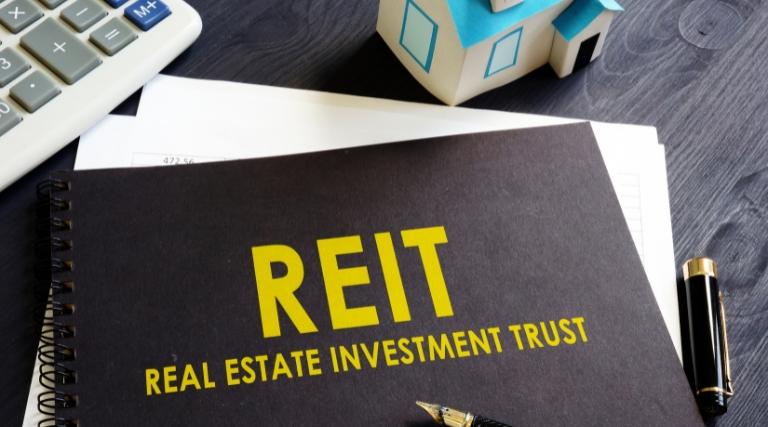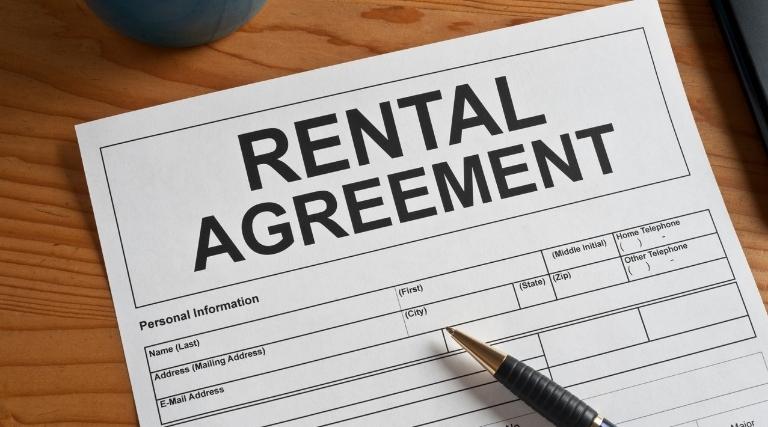A rapidly expanding sector, real estate offers many exciting options. One is that you can be investing in real estate and profit from it. As a career option, you may manage rental properties or represent sellers of real estate to investors.
To avoid making irrational decisions, property developers, real estate companies, and even investors must be informed about market trends to remain competitive in the real estate industry.
Knowing the numerous trends and forecasts for the real estate sector might be a good place to start. Among them are the following:
1. Work Automation

The real estate sector is not an exception to how businesses and industries have been continuously transformed by technological breakthroughs. For instance, when managing numerous properties and their business, property investment companies like Chatburn Living might use automation solutions.
With the aid of these tools, real estate businesses can automate routine chores, speed up and improve internal operations, and lessen manual labor. Additionally, you’ll be able to reduce operating costs and human mistakes.
For instance, using real estate management software can assist you to avoid spending unnecessary time on the following business-related activities:
Managing clients’ contracts:
You can efficiently transmit contracts to clients for signatures thanks to some technologies.
Automation can also assist you respond to clients who may have questions regarding the properties you’re managing. As you can automate sending follow-up emails, such solutions might help nurture prospects.
Accounting and finance:

Automation can help you manage your finances more efficiently by minimizing paperwork and keeping track of invoices, payments, and rent collections. These tools are beneficial, especially if you’re managing multiple properties or corresponding with numerous customers and suppliers.
Property management:
Taking care of several properties can be challenging for a variety of reasons. You must make sure the home or commercial property is well-maintained in addition to reacting to customer needs. Thankfully, purchasing property management software will enable you to monitor the condition of each property and swiftly arrange inspections and maintenance.
In the end, automating your real estate business operations can boost productivity and provide you with a competitive edge over rival businesses.
2. Using Virtual Reality (VR) technology when looking for a home

In general, customers may simply view properties on real estate companies’ websites, like chatburnliving.com. Additionally, paying a site visit to a home or commercial property you’re interested in purchasing allows for a better view and gives you additional information about it.
And because of advances in technology, real estate buyers and investors may enjoy 3D walkthroughs, 360-degree images, and live tours of properties without actually visiting them by employing VR digital technology. A solution like this can shorten operational times while assisting real estate businesses to explore more properties.
Additionally, the fact that VR technology isn’t simply limited to viewing the property before the transaction would excite real estate buyers and developers. Clients may also get a sneak peek at the property while it is still under construction. They will be able to do this by utilizing their phones in the convenience of their homes, which is yet another fantastic aspect of this.
3. Data analysis using artificial intelligence
Artificial intelligence (AI) is a further technological advancement that is predicted to revolutionize the real estate sector. Large amounts of data may be gathered, processed, and analyzed by AI-powered software to help sellers and buyers find the perfect homes.
They can also be used by real estate investment agencies to find customer leads. A tool like this can assist in classifying various customer types according to their preferences and where they are in the purchasing process. Agents may better understand their prospective clients with the aid of a technology like this, enabling them to take the required actions to complete a contract.
Having said that, real estate brokers can better support and assist buyers and investors while shopping for homes thanks to artificial intelligence, which is a potent technology that may help streamline typical real estate tasks and processes and combine them with personalized interactions.
4. Properties that are environmentally friendly and sustainable

A change in the way real estate properties are built is anticipated because people are becoming more aware of how their actions affect the environment. Property developers will therefore lean towards promoting energy-efficient buildings and adopting sustainable materials as a result of the rising demand for sustainable structures.
Here are some creative ways to advertise environmentally friendly properties:
- Suitable external door and window insulation
- Change to energy-saving lighting, like LEDs, for instance.
- installation of energy-saving equipment
- creating green areas in buildings
Real estate investment companies must make sure their business plans incorporate sustainable practices as more consumers of real estate consider acquiring a home or structure with such elements.
5. Smart towns

Traditional and aging city plans are starting to struggle to support everyone reliant on them as the world population is quickly increasing. Therefore, to create urban areas for the future, real estate planners are going back to the drawing board. Building smart cities is one upcoming trend associated with this technology-driven initiative.
Smart city development is already in progress in various cities, including Pittsburgh, Dubai, and Los Angeles. In the future, there will be residences, schools, parks, and shops that can all be reached by foot or by public transportation. As a result of the improved accessibility, there won’t be much need for personal transportation.
This strategy can drastically lower pollution while also enhancing people’s quality of life. Property investing developers also hope that smart cities will lead to the following developments:
- Making sure that buildings have rooftops covered in grass
- Making clever parking spaces
- Constructing a variety of paths
- Incorporating technology for water conservation
Most real estate planners hope that smart cities will support sustainability while also improving access to various social services.
A Conclusion
The homes that real estate developers construct will need to be able to accommodate each individual’s unique needs as daily life becomes more flexible. The future of real estate is also anticipated to be significantly influenced by technical advancements as well as other considerations like sustainability, given that the world has gone digital.
To prevent falling behind other market players, if you intend to enter the real estate business, you should embrace current technologies as effectively as you can. Automation and artificial intelligence can be used as a fantastic place to start to streamline your operations and make it easier for you to be more strategic when assisting real estate buyers and investors in finding the appropriate property.
And as a property manager, investor, or prospective buyer, keep an eye out for cutting-edge design ideas and options for eco-friendly and sustainable properties.









































